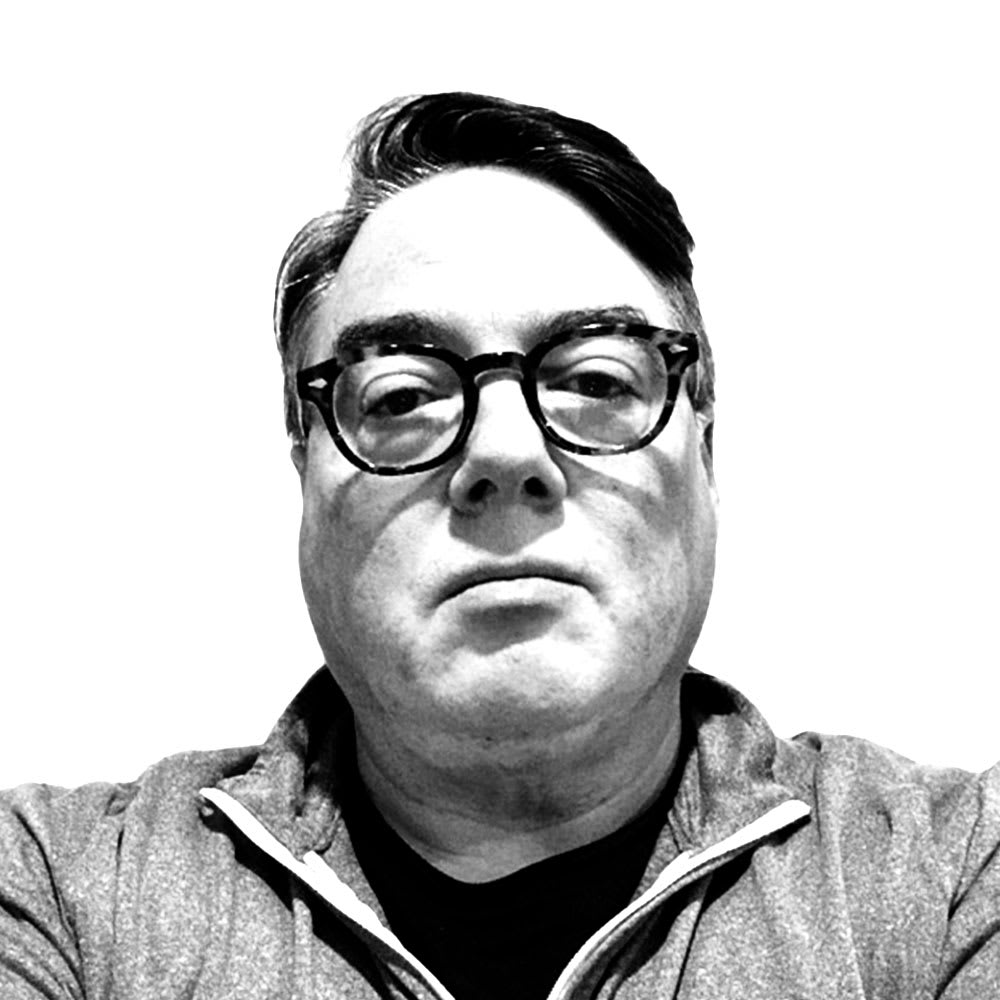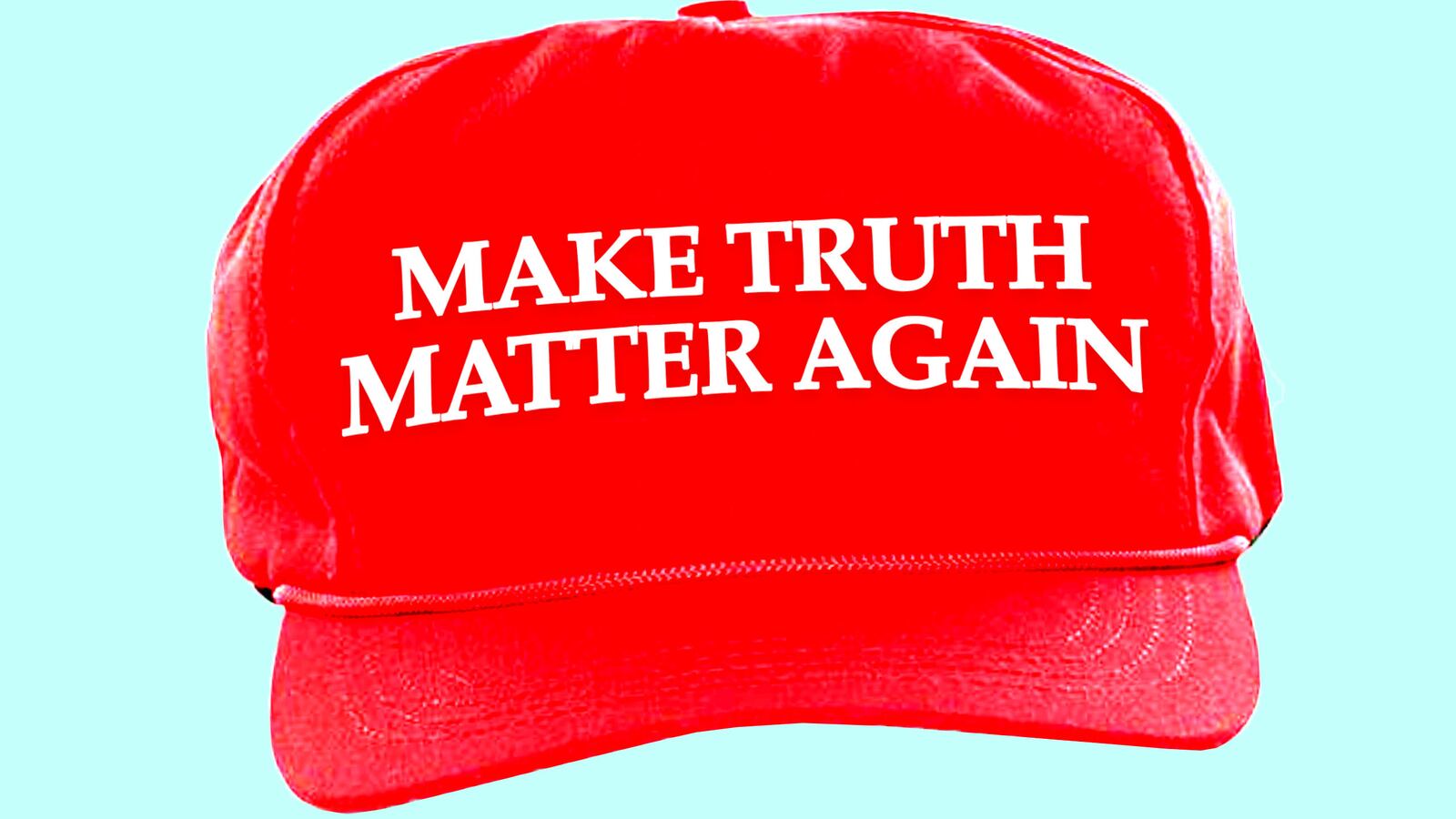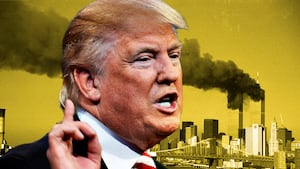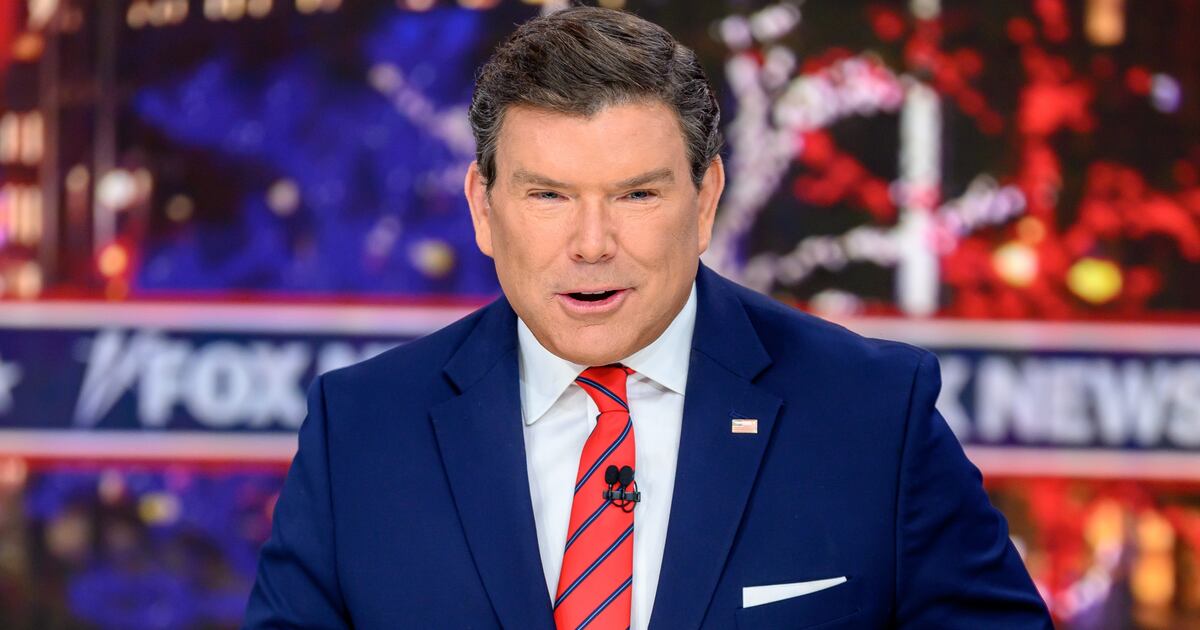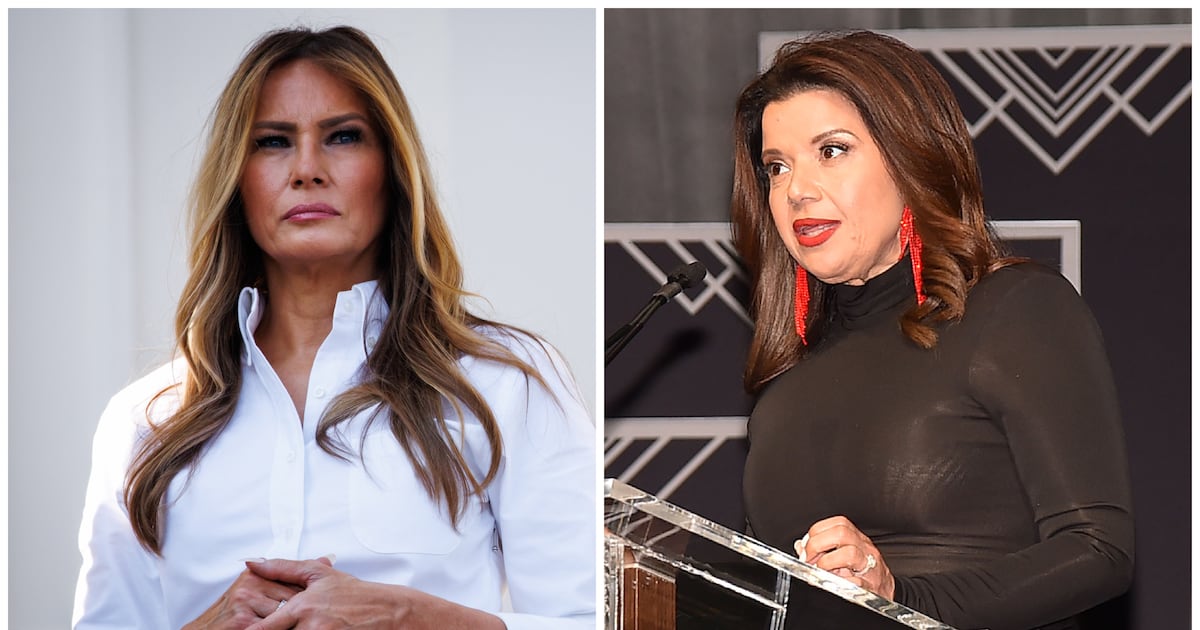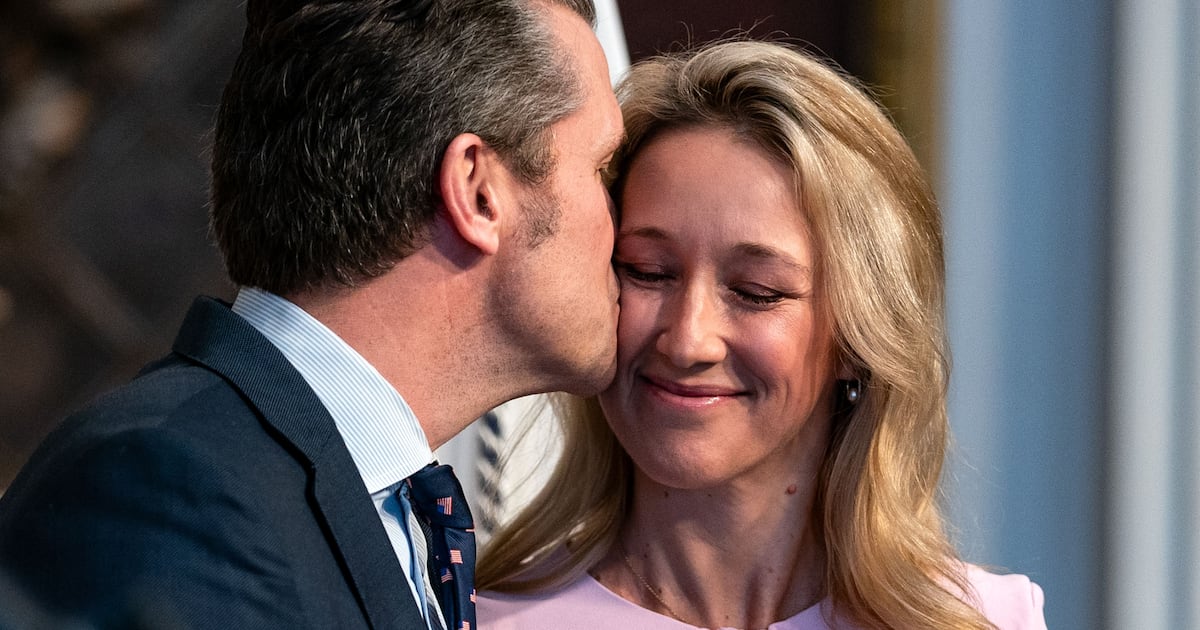“Truth isn’t truth” says the president’s lawyer. His senior adviser prefers to call lies “alternative facts.” The president himself likes to launder lies through the phrase “people are saying.”
We should assume that all politicians spin the story, but spinning is different than lying. Sen. Daniel Patrick Moynihan famously said: “Everyone is entitled to his own opinion, but not to his own facts.” So far, though, this White House has gotten by on its own facts.
A society that gives up on the pursuit of truth can’t find justice or have trust in systems or processes. Which makes it wild that, with the political world upside down, we are looking nearly two years down the road for a politician to save us. Placing all our political hope in a savior seems misplaced. It is time to look to ourselves first, and thereby force politicians to reach higher.
As an academic, I can’t help but think about the role of higher education at this moment in history and renewed public discourse. How can we, who pursue truth and supposedly serve the public good as part of our work, help our nation at what seems to be a point of crisis?
This got me thinking about the past, something historians do a lot. In trying to understand the relationship higher education has with the public, I looked for previous moments in our history when universities provided leadership in our nation’s civic life. The Progressive Era, going from the 1890s to the onset of the Great War, stood out as a foundational moment for the nation and the role of the university in advancing the common good.
It was a time of massive immigration and internal migration from the countryside to cities, public health crises, a massive income gap, street unrest, and political corruption, etc.—a time in many ways a lot like today.
At the turn of the 20th century, American higher education was in a transitional period from its elite finishing school and seminary roots into institutions aimed at the pursuit and creation of knowledge for the public good. While academics had previously been cloistered away, a new generation that wasn’t content with monkish academic life strived to put their newly acquired and tested knowledge to use solving the nation’s emerging problems. But, some preferred that they stay out of this conversation and return to their walled campuses.
In 1902, an anonymous academic wrote about this in “College Professor and the Public” in The Atlantic Monthly, arguing that a new era called for a new role for academics who could no longer escape “his duties to the public or the impact the public will have on them, the public’s call.”
In short, he claimed, “a stake in the community” for its scholars.
What he—and it was very likely a “he,” given the era—said in 1902 still applies:
“the professor of today… pursues studies and gives instruction that brings him into touch… with the material interests, the practical concerns of the American public,” adding that “courage is still necessary if the college teacher desires to speak frankly upon disputable topics.”
Today, too, courage is in order as there are those who aim to silence professors researching topics deemed either long settled or too controversial. Those who seek to silence even one academic encourage others to retreat from “the public’s call.” NPR journalist and author Anya Kamenetz and others have documented the recent attacks on faculty speech and the chilling effect they have on faculty and the broader civic discourse.
The anonymous writer in 1902 knew the stakes. “For the members of any profession,” he wrote, “to insulate themselves from the currents of world-sympathy is to cut off that profession’s power.”
Academics are interrogators and to some extent keepers of truth, ensuring its transmission from generation to generation. If we cower at this moment and fail to speak up and the truth, we diminish our democratic role and damage the nation. We need courage, yes, but we also need to earn and re-earn the trust of the nation and we can only do that through respectful dialog.
Those in positions of stewardship over our institutions of higher education, too, need to recognize this critical moment and act to support publicly engaged faculty. The institutions of higher education that lead the effort towards productive citizenship will ensure themselves a successful future by proving their value to our nation at this moment in history.
